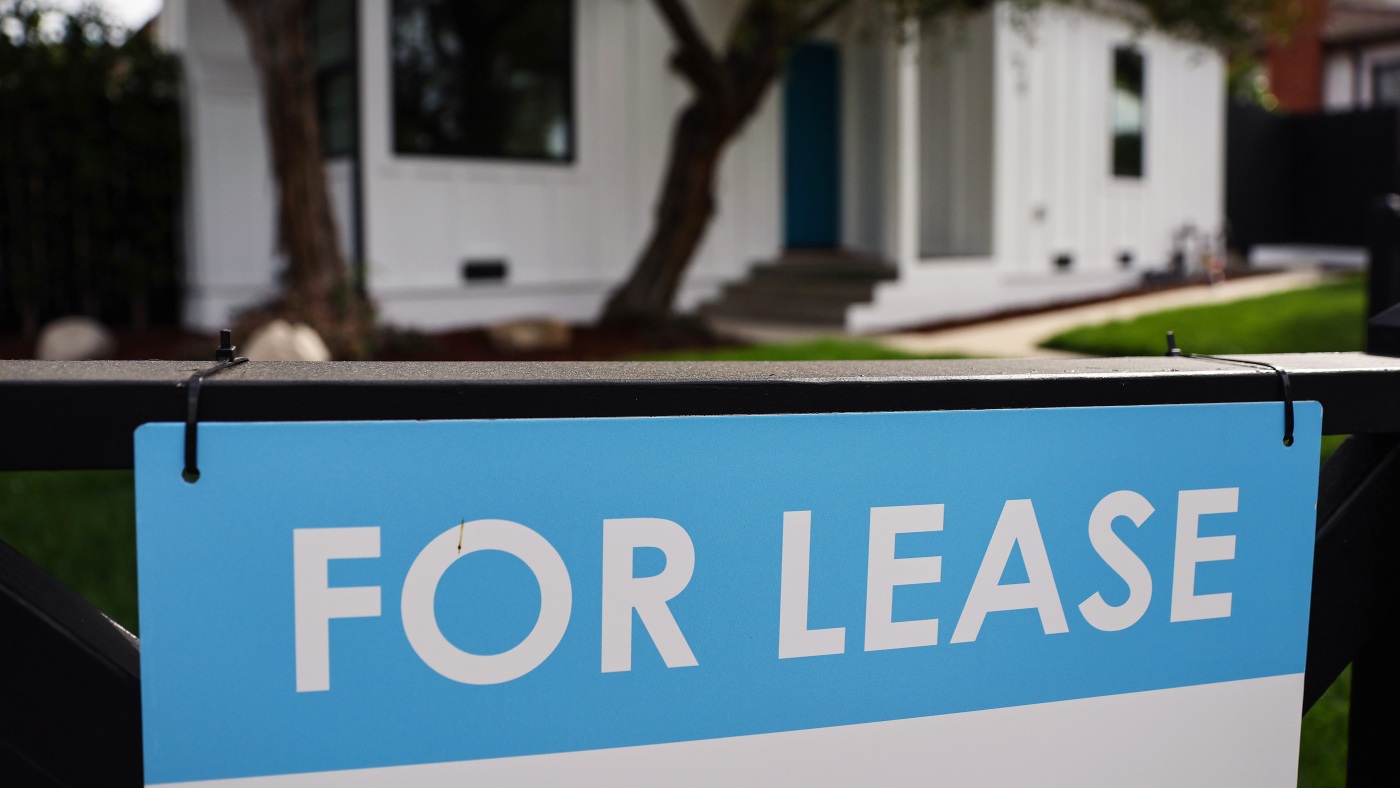Health Secretary Robert F. Kennedy Jr. often reminisces about the days when his uncle was president, claiming that Americans were healthier back then. However, the reality is more complex. In 1960, life expectancy was nearly a decade shorter than it is today, and chronic diseases were already a major cause of death.
Kennedy claimed that only 3% of Americans had chronic conditions during his uncle’s presidency. Experts dispute this, noting that chronic diseases like heart disease, cancer, and stroke accounted for two-thirds of deaths back then. Dr. Steven Woolf, a researcher at Virginia Commonwealth University, emphasizes that chronic health issues were significant, even in the 60s.
Life expectancy stood at 69.7 years in 1960 but has since risen to 77.5 years today. While the increase is commendable, the U.S. has not seen improvements at the same rate as other wealthy countries. This discrepancy raises questions about healthcare quality and social factors that contribute to premature deaths. Elizabeth Wrigley-Field, a mortality demographer at the University of Minnesota, notes that issues like drug overdoses and car accidents heavily impact overall life expectancy figures, especially since they affect younger populations.
Foods back then were less processed than today. But the 60s also saw the rise of frozen dinners and new shelf-stable products. Natalia Mehlman Petrzela, a history professor, points out that while people may romanticize the past, convenience foods were becoming a norm, blurring the image of a purely healthy diet.
Kennedy’s vision for a return to a healthier America contrasts sharply with the current evidence. His proposed cuts to scientific research and the teams investigating injuries and drug overdoses appear misaligned with his narrative about improving national health.
In discussions about America’s health today, experts highlight the need for a comprehensive approach, integrating lifestyle changes, medical advances, and addressing socio-economic challenges to truly improve life expectancy. This ongoing conversation echoes across social media, where people share their thoughts on health trends, often looking back and questioning the narratives of a ‘better time.’
For more related information on healthcare and life expectancy trends, you may find resources from the CDC here.


:max_bytes(150000):strip_icc()/INTCChart-4dc8d052d2104f1aaf8eafcae45a974f.gif?w=480&resize=480,480&ssl=1)



















